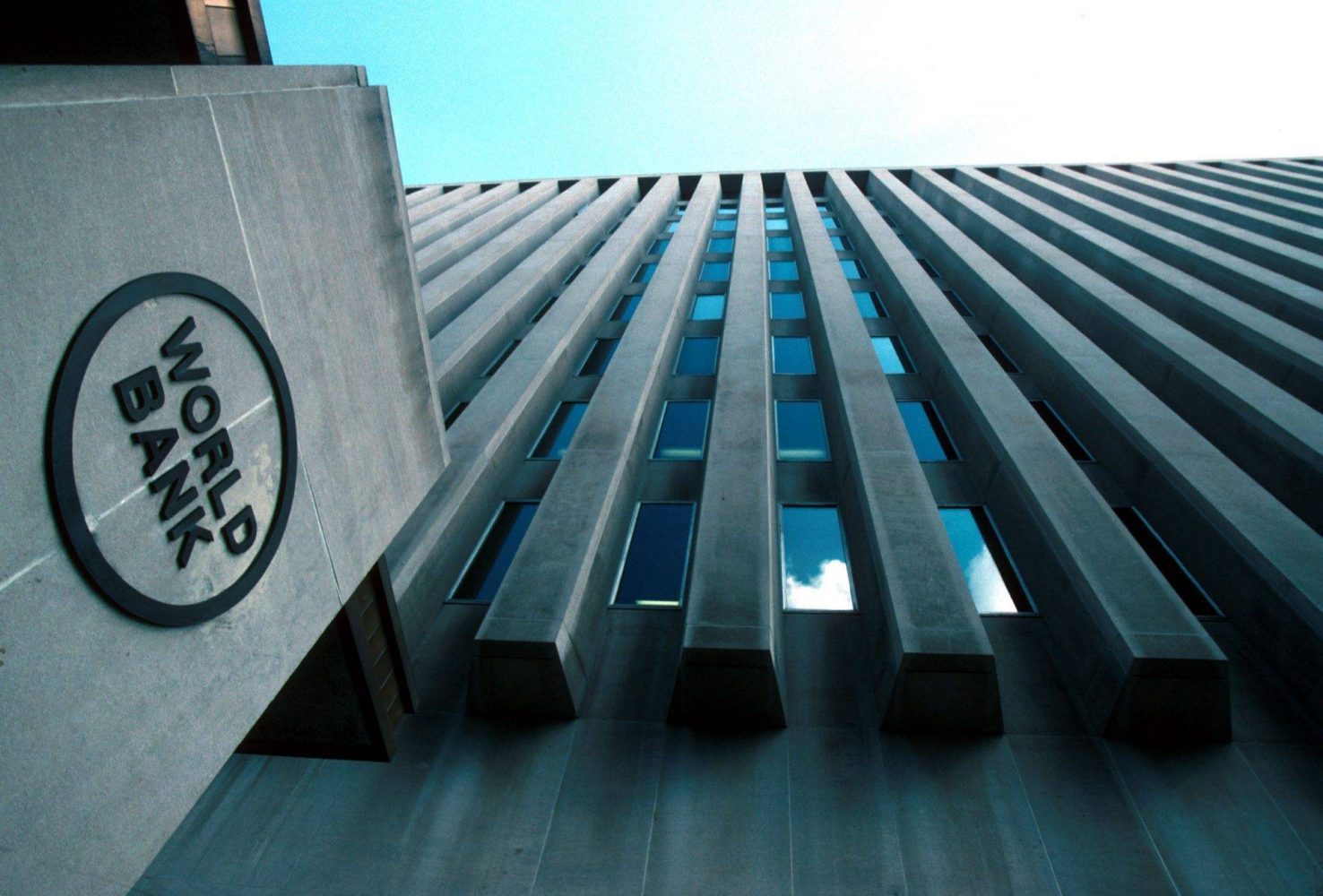World Bank Cites Delay As It Withdraws Funding For This Kenyan Project

World Bank has pulled out of a project in Kenya where it was supposed to inject funding of approximately Sh16.3 billion, the Kenya National Highway Authority (KeNHA) has confirmed.
The National Treasury will, therefore, step up and pay Sh13 billion for the upgrade of the 26km James Gichuru-Riruni Road which is an artery of the Nairobi-Nakuru highway.
The body canceled the funding due to what it termed as delays which Kenha said has was experienced while it had been sourcing billions of funds to compensate investors ceding lands for the works.
Under the agreement, World Bank was to provide 80 percent of the upgrade cost of Sh16.3 billion while the Kenyan Government would handle the remaining 20 percent of the cost.
World Bank canceled its funding at a time when The Treasury was sourcing for an additional Sh10 billion funding for the unplanned land compensation claims.
KenHa director-general Peter Mundinia said that compensation cost was overpriced by the National Land Compensation and it was beyond its reach.
“Every programme that World Bank funds through the National Urban Transport and Improvement project has a timeline, and in this case, the timeline for funding of this road was to end in December 2019.
“It is the reason why they (World Bank) could not fund the road as timeline had elapsed. Treasury, therefore, thought it wise to terminate the agreement and fund the road through locally generated resources.” Mr Munindia was quoted by Business Daily.
The NLC valuation stood at Sh30 million while the independent consultant valued an acre of land at Sh 900,000 thus pushing up the cost of compensation.
World Bank’s policy does not allow for provision of funding for compensation or land acquisition where it finances a project.
Featured Image Courtesy: Getty Images